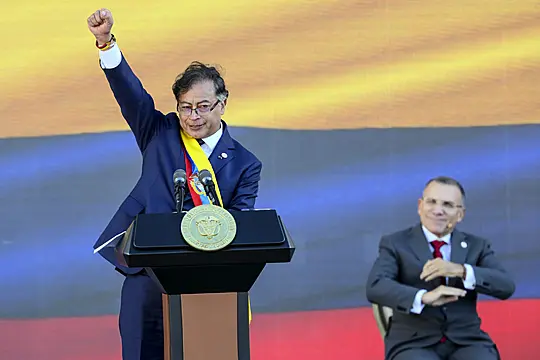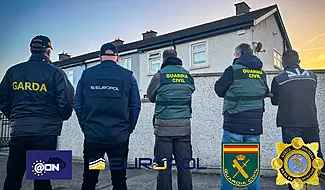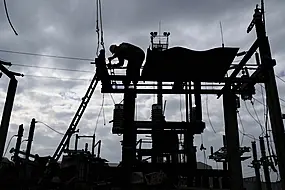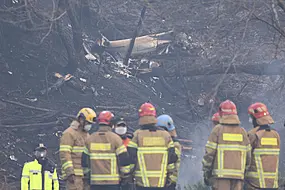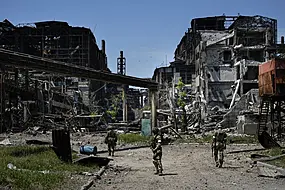Colombia’s first leftist president declared “the war on drugs has failed” as he was sworn into office on Sunday.
Gustavo Petro, a former member of Colombia’s M-19 guerrilla group, promised to fight inequality and bring peace to a country long-haunted by bloody feuds between the government, drug traffickers and rebels.
Mr Petro won the presidential election in June by beating conservative parties that offered moderate changes to the market-friendly economy, but failed to connect with voters frustrated by rising poverty and violence against human rights leaders and environmental groups in rural areas.
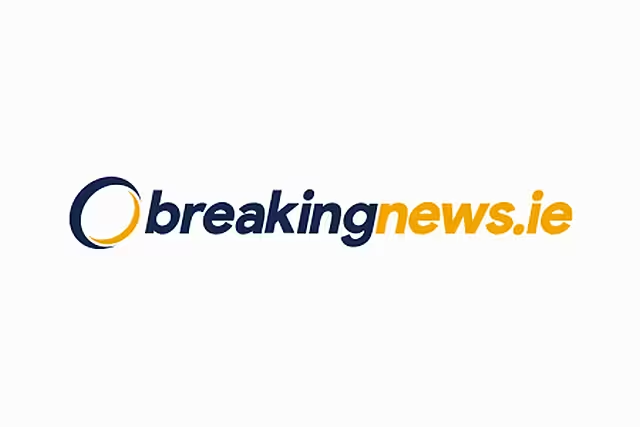
On Sunday, he said Colombia was getting a “second chance” to tackle violence and poverty and promised that his government would implement economic policies that seek to end longstanding inequalities and ensure “solidarity” with the nation’s most vulnerable.
The incoming president said he was willing to start peace talks with armed groups across the country, calling on the United States and other developed nations to change drug policies that have focused on the prohibition of substances like cocaine and fed violent conflicts across Colombia and other Latin American nations.
“It’s time for a new international convention that accepts that the war on drugs has failed,” he said.
“Of course peace is possible. But it depends on current drug policies being substituted with strong measures that prevent consumption in developed societies.”

Mr Petro is part of a growing group of leftist politicians and political outsiders who since the pandemic began have been winning elections in Latin America and and hurting incumbents who struggled with its economic aftershocks.
The ex-rebel’s victory was also exceptional for Colombia, where voters had been historically reluctant to back leftist politicians who were often accused of being soft on crime or allied with guerrillas.
A 2016 peace deal between Colombia’s government and the Revolutionary Armed Forces of Colombia turned the focus of voters away from the violent conflicts playing out in rural areas and gave prominence to problems like poverty and corruption, fuelling the popularity of leftist parties in national elections.
However, smaller rebel groups like the National Liberation Army and the Gulf Clan continue to fight over drug trafficking routes, illegal gold mines and other resources abandoned by the FARC.

Mr Petro, 62, has described US-led anti-narcotics policies as a failure but has also said he would like to work with Washington “as equals”, building schemes to combat climate change or bring infrastructure to rural areas where many farmers say coca leaves are the only viable crop.
He also formed alliances with environmentalists during his presidential campaign and has promised to turn Colombia into a “global powerhouse for life” by slowing deforestation and reducing the country’s reliance on fossil fuels.
He has said Colombia will stop granting new licenses for oil exploration and will ban fracking projects, even though the oil industry makes up almost 50% of the nation’s legal exports. He plans to finance social spending with a £8.3-billion-a-year tax reform that would boost taxes on the rich and do away with corporate tax breaks.
